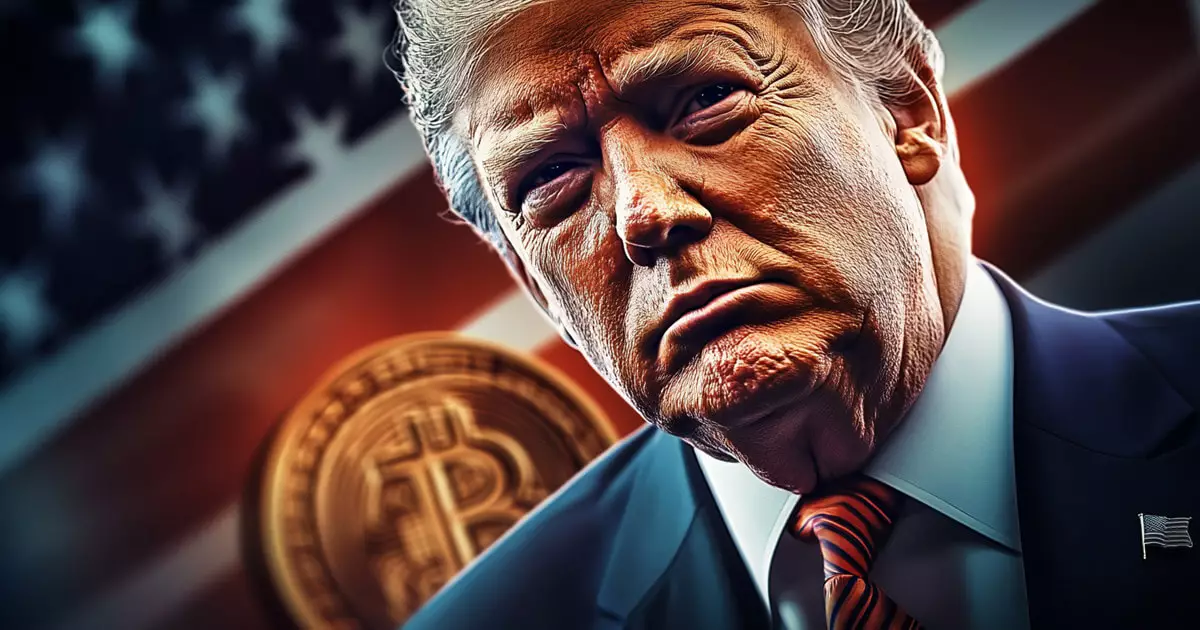Francois Villeroy de Galhau, the governor of the Banque de France and a key voice within the European Central Bank, has articulated concerns that many of us in the center-right political spectrum have been quietly harboring. In his recent remarks to La Tribune Dimanche, he argues that President Donald Trump’s support for cryptocurrencies is nothing short of reckless, potentially inviting the next financial apocalypse upon us. In a world already navigating instability, the U.S. government should be wary of harboring financial innovations that, while seemingly innocuous or even progressive, may end in catastrophe. The casual endorsement of crypto-assets and non-bank finance can easily breed volatility, and Villeroy is right to raise the alarm.
A History Repeating Itself
The truth is, U.S. financial crises have historically acted as harbingers of global economic turmoil. The Great Depression in 1929, the OPEC Oil Price Shock of 1973, and the 2008 Great Recession—each of these crises originated on American soil and subsequently wreaked havoc across international markets. By now, we should understand that consequences can ripple—and cryptocurrencies might just be the trigger for the next global hiccup. Villeroy de Galhau’s concerns resonate deeply; allowing a free-for-all around crypto-assets may very well sow the seeds of future upheaval. It begs the question: Can we afford to gamble with financial stability for the sake of perceived innovation?
Misguided Policies and Dangerous Precedents
Villeroy isn’t alone in his critique. Voices globally, like German central bank chief Joachim Nagel, have labeled the current U.S. economic strategy as policy from a horror show. Under Trump, the Securities and Exchange Commission has backed off from enforcing crucial regulations that could mitigate risks associated with cryptocurrencies. This retreat from oversight, coupled with a newly minted crypto strategic reserve stocking up on digital assets like Bitcoin and Ethereum, paints a troubling portrait of a leader determined to push forward a vision of financial progress without accountability. The lack of regulation in this sector doesn’t just pose risks; it lays the groundwork for yet another speculative bubble that could have far-reaching consequences.
Risky Business vs. Responsible Governance
While there’s no denying that the world is evolving—and that new financial technologies merit exploration—recklessly pursuing these innovations without a safety net is not responsible governance. Trump’s trade policies, which Villeroy described as a “tragedy,” further exemplify this administration’s tendency to prioritize short-term gains over long-lasting stability. The intertwining of laissez-faire economic policies with digital assets can only lead us to a precarious tipping point.
While advocates cite the democratizing potential of cryptocurrencies, we cannot lose sight of the broader repercussions that may arise from unregulated trading reminiscent of a Wild West mentality. History teaches us harsh lessons, and if political leaders wish to secure a sound economic future, they must tread carefully.
In a world where financial crises can cascade rapidly, we can only hope that policymakers wake up and clarify their frameworks. Allowing cryptocurrencies to thrive unregulated is like playing with fire at a gas station—ill-advised and patently dangerous.














Leave a Reply